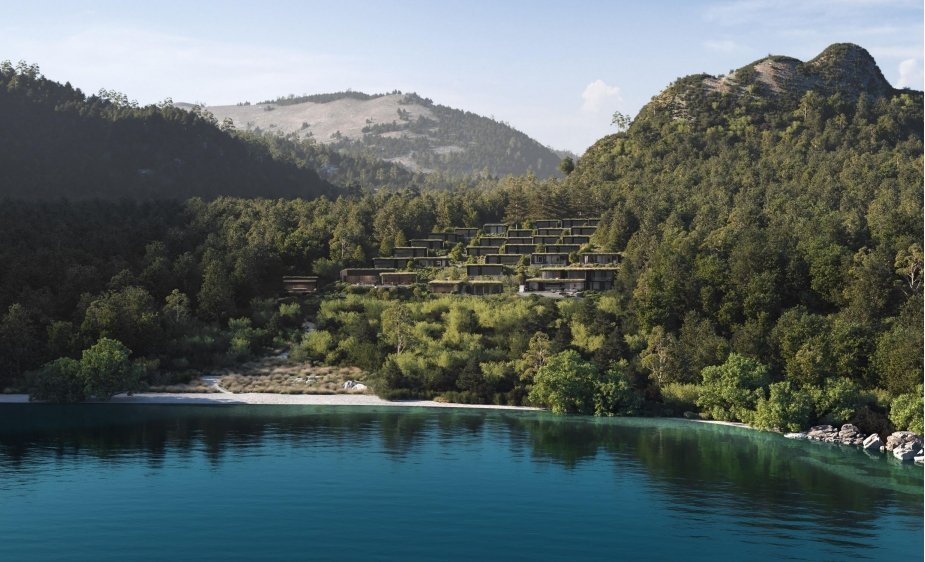
In a judgement released this week, Judge Prudence Steven made a tentative decision to grant consent after the Queenstown Lakes District Council refused to do so.
Waimarino Queenstown Ltd (as successor to B Property Group Ltd) proposed to build a lodge accommodation in Bob’s Cove.

But significant changes were made to the proposal at the Environment Court.
The council then changed its stance and withdrew its opposition to the development.
In its decision, the court agreed the applicant would have to come up with a final set of conditions to satisfy the court’s concerns.
Once the final proposal was submitted, the council, along with Bob’s Cove Punatapu Community Trust, which opposed the development, would comment on the proposed conditions.
The court would then make a final decision on the conditions.
Originally, the applicant also wanted consent to do earthworks, landscaping and subdivide the villas on separate titles.
After the plan was refined, Judge Steven was almost convinced to allow the buildings, but further work was needed to address the council’s concerns.
The area was surrounded by Department of Conservation reserves which had an established beech forest and a network of walking tracks.
A proposed District Plan prescribed that at least 75% of the area in Bob’s Cove needed to be "undomesticated area" where no buildings were allowed to be constructed.
Waimarino Queenstown Ltd’s original plan included rows of villas behind one another, which the council said did not meet the requirement to "maintain a rural residential character".
A slight repositioning of 11 of the villas addressed the issue the council had with visual effects, which was one reason they initially declined consent.
The villas would also have green roofs and dark wood exterior walls to amplify the organic look.
The applicant also obtained consent from the company that shared a driveway with the area — another concern the council had raised.
The amendments were sufficient to overcome the initial concerns and the council no longer opposed the plan.
During the hearing a raft of further-disputed proposals were removed from the plan.
"The bottom line is that amenity values, quality and character of this area is not to be diminished by the establishment of this proposal," the decision said.
"The proposal is not entirely consistent with all relevant provisions, although it is not contrary to any of them."
Consent would be granted upon receipt of further conditions that addressed the court’s concerns which would be submitted in August.








